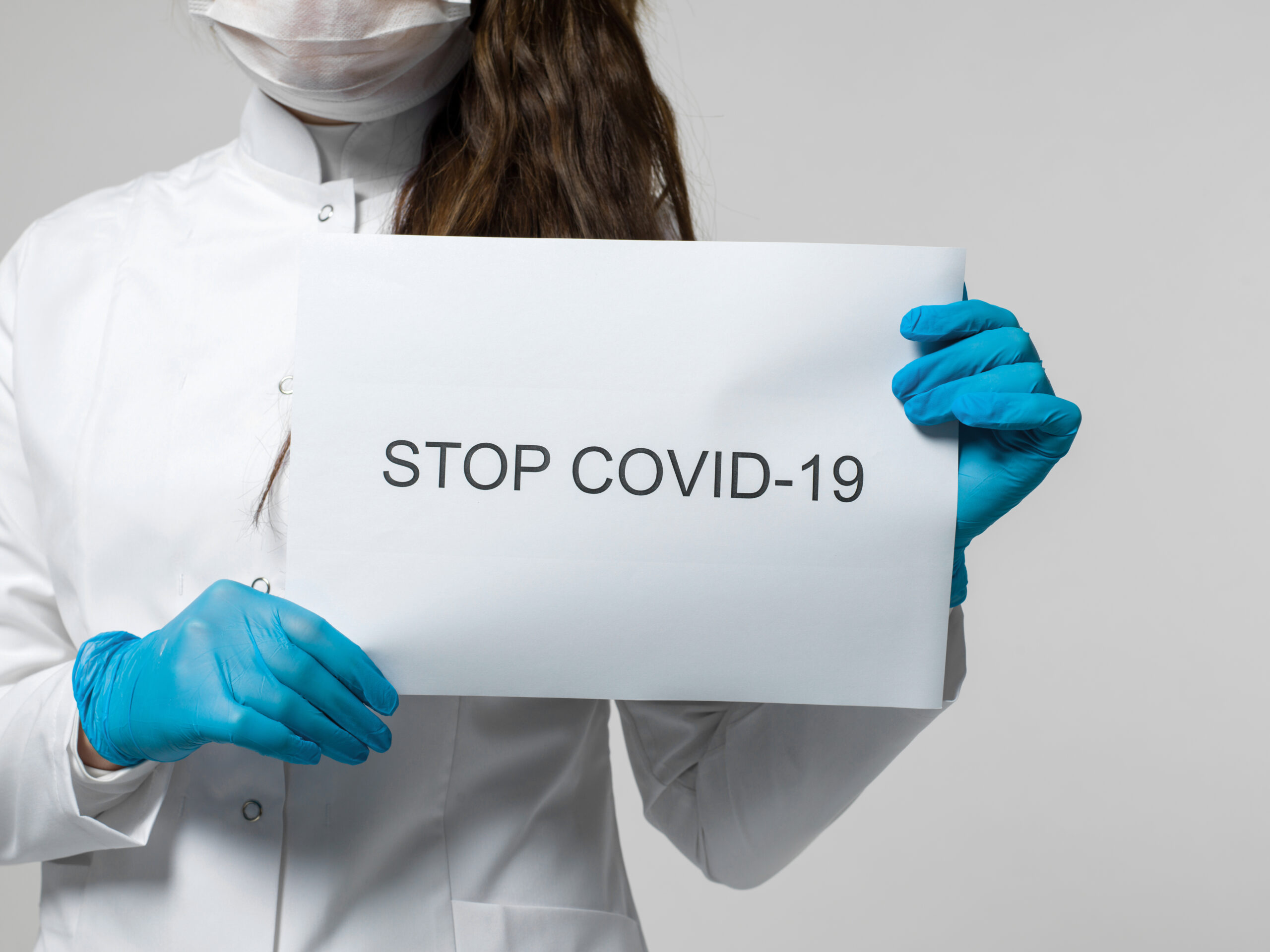Learning how to Prevent Long COVID: A Comprehensive Approach

Long COVID, also known as post-acute sequelae of SARS-CoV-2 infection (PASC), refers to a range of symptoms that can persist weeks or even months after the acute phase of COVID-19 has resolved. Approximately 10-30% of those infected with the virus may experience long COVID, leading to significant health impacts and challenges in quality of life.
*Effects and Symptoms*
Long COVID can manifest in various ways, including fatigue, shortness of breath, cognitive dysfunction (often termed “brain fog”), joint pain, and cardiovascular complications. These symptoms can greatly diminish one’s ability to perform daily activities and may require ongoing medical care and rehabilitation. The psychological toll can also be substantial, as many patients grapple with anxiety and depression related to their prolonged illness.
*Challenges*
One of the primary challenges in addressing long COVID is its unpredictable nature and the diversity of symptoms experienced. Healthcare providers often struggle to offer cohesive treatment plans due to the limited understanding of the underlying mechanisms. Patients frequently report feeling dismissed if their symptoms do not correspond with traditional COVID-19 protocols, leading to frustration and isolation.
*Preventative Measures*
To mitigate the risk of developing long COVID, several strategies should be considered:
1. *Vaccination*: Studies have shown that vaccinated individuals are less likely to experience severe cases of COVID-19, which may reduce the risk of long COVID. Staying updated on vaccinations can significantly help.
2. *Early Treatment*: Rapid intervention during the acute phase of COVID-19 can play a crucial role in preventing complications. This includes the use of antiviral treatments, monoclonal antibodies, and supportive care.
3. *Public Health Measures*: Adhering to public health guidelines such as wearing masks in high-risk settings, practicing good hand hygiene, and maintaining physical distance can reduce the likelihood of infection.
4. *Monitoring and Support*: After recovering from COVID-19, individuals should be encouraged to monitor their health and seek medical attention for any lingering symptoms. Establishing follow-up care can help in the early identification of long COVID.
*Treatment Options*
Currently, management of long COVID involves individualized care addressing specific symptoms. A multidisciplinary approach often yields the best outcomes, involving specialists in pulmonology, cardiology, neurology, and psychology. Rehabilitation programs focusing on physical and cognitive therapy are also key components of recovery.
*Latest Developments*
Research into long COVID is ongoing, with initiatives worldwide aiming to better understand its mechanisms and effects. Recent studies have highlighted potential biomarkers for early detection and novel therapeutic strategies, including the use of anti-inflammatory medications and targeted immune therapies. Large-scale research efforts are also assessing the effectiveness of different vaccination strategies in reducing long COVID risk.
In summary, while COVID presents notable challenges, proactive measures including vaccination, prompt medical intervention, and coordinated healthcare can help reduce its incidence and impact. Continued research will be critical for developing effective treatments and ultimately improving outcomes for those affected.
(Note: This article briefly overviews the subject and does not substitute medical advice. If you suspect you may have Covid or require more information, consult with a healthcare professional.)



